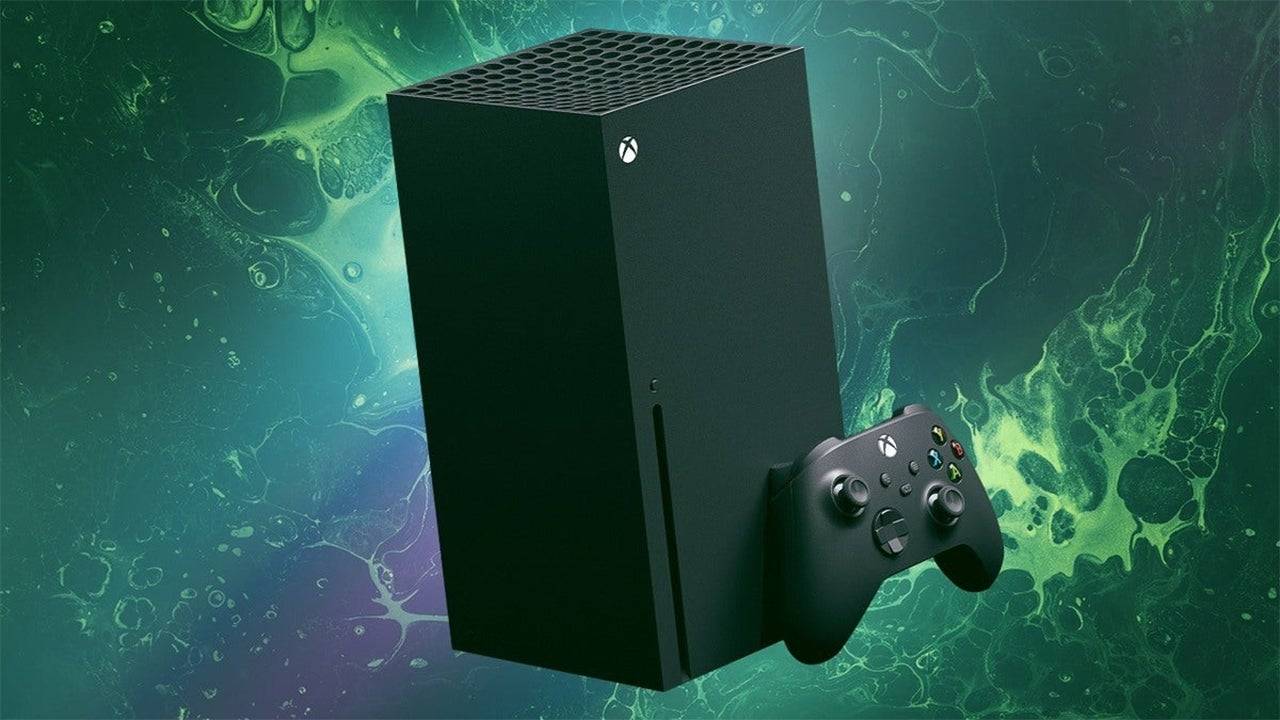The age-old question: PlayStation or Xbox? This debate has raged for years, sparking countless online discussions and heated arguments among friends. While PC and Nintendo loyalists exist, the rivalry between Sony and Microsoft has largely defined the gaming landscape for two decades. But with the industry undergoing massive changes—the rise of mobile gaming, the increasing accessibility of PC gaming, and evolving player preferences—is this "console war" still relevant? The battlefield has shifted dramatically, and the victor might surprise you.
The video game industry's explosive growth is undeniable. From $285 billion in revenue in 2019, it soared to $475 billion in 2023, surpassing the combined revenue of the film and music industries. This phenomenal growth, projected to reach nearly $700 billion by 2029, has attracted Hollywood A-listers like Mads Mikkelsen, Keanu Reeves, and Willem Dafoe, reflecting the industry's elevated status. Even Disney, with its $1.5 billion investment in Epic Games, is vying for a larger piece of the pie. This booming market, however, hasn't been equally beneficial to all players. Microsoft's Xbox division, in particular, seems to be facing headwinds.

The Xbox Series X and S, intended as significant upgrades from the Xbox One, haven't achieved the expected sales success. The Xbox One continues to significantly outsell its successors. Coupled with industry expert Mat Piscatella's observation that this console generation has peaked, the outlook for Xbox is concerning. 2024 sales figures paint a stark picture: Xbox Series X/S sales lagged far behind PlayStation 5 sales, and reports suggest potential restructuring within Xbox's physical distribution department. This, along with rumors of a potential withdrawal from the EMEA console market, points to a strategic retreat—or perhaps, a surrender.
Microsoft's internal documents reveal a surprising admission: they never believed they had a real chance in the console war. Faced with lagging sales and this frank assessment of their position, Xbox is pivoting away from its traditional console-centric model.
Xbox's strategic shift is clear. Xbox Game Pass, with its substantial investment in acquiring AAA titles (like the estimated $300 million for *Star Wars Jedi: Survivor*), is becoming the company's central focus. Their recent "This Is An Xbox" campaign reinforces this rebranding: Xbox is no longer solely a console but a readily accessible gaming service, with hardware as a complement.
This reimagining extends beyond traditional consoles. Rumors of an Xbox handheld, supported by leaked documents referencing a "hybrid cloud gaming platform," suggest a broader hardware strategy. Microsoft's push into mobile gaming, with plans for a mobile game store and Phil Spencer's acknowledgment of mobile gaming's dominance, further solidifies their new direction: Xbox as an omnipresent gaming experience, accessible anytime, anywhere.

The reason for this pivot is straightforward: the mobile gaming market is colossal. In 2024, over 1.93 billion of the 3.3 billion estimated gamers played on mobile devices. This encompasses casual gamers and hardcore players alike. Mobile gaming now represents half of the entire video game market's $184.3 billion valuation ($92.5 billion), dwarfing the console market's $50.3 billion (27%). This shift has been underway for years; by 2013, the Asian mobile gaming market already vastly surpassed the West. Titles like *Puzzle & Dragons* and *Candy Crush Saga* outperformed *Grand Theft Auto V* in revenue that year.
Mobile gaming's dominance is not the only factor influencing Xbox's strategy. PC gaming has also experienced significant growth, adding 59 million players annually since 2014, reaching 1.86 billion in 2024. Despite this, the gap between console and PC market value has widened, indicating a potential plateau or decline in PC gaming's growth. This presents a challenge for Xbox, which has heavily relied on the Windows PC ecosystem.

The PlayStation 5's success contrasts sharply with Xbox's struggles. Sony's latest earnings report boasts 65 million PS5 units sold, significantly outpacing Xbox Series X/S sales. Sony's first-party titles have also performed exceptionally well, further solidifying its position. Industry projections predict even greater success for the PS5 in the coming years. However, even PlayStation isn't without its challenges. A significant portion of PlayStation users still play on PS4 consoles, indicating that the PS5, despite its success, hasn't yet achieved the level of must-have status that might be expected.
The PS5's relatively limited number of truly exclusive titles, coupled with the mixed reception to the PS5 Pro (perceived as an early and overpriced upgrade), suggests that the console isn't yet a compelling upgrade for many gamers. The upcoming release of *Grand Theft Auto VI* is expected to be a significant turning point for the PS5, potentially showcasing its capabilities and boosting sales.
AnswerSee ResultsThe traditional console war narrative is outdated. Microsoft seemingly conceded defeat before the battle truly began, while Sony, despite its success, faces challenges in establishing the PS5 as a definitive generational leap. The true winner? Those who haven't focused on the console rivalry. The rise of mobile gaming, with companies like Tencent making significant acquisitions, is reshaping the industry. Mobile gaming's profitability is increasingly crucial to major publishers, blurring the lines between casual and hardcore gaming. The future of gaming will hinge less on hardware prowess and more on cloud gaming infrastructure and mobile market dominance. The console war may be over, but a new era of competition has begun.

 Latest Downloads
Latest Downloads
 Downlaod
Downlaod




 Top News
Top News









